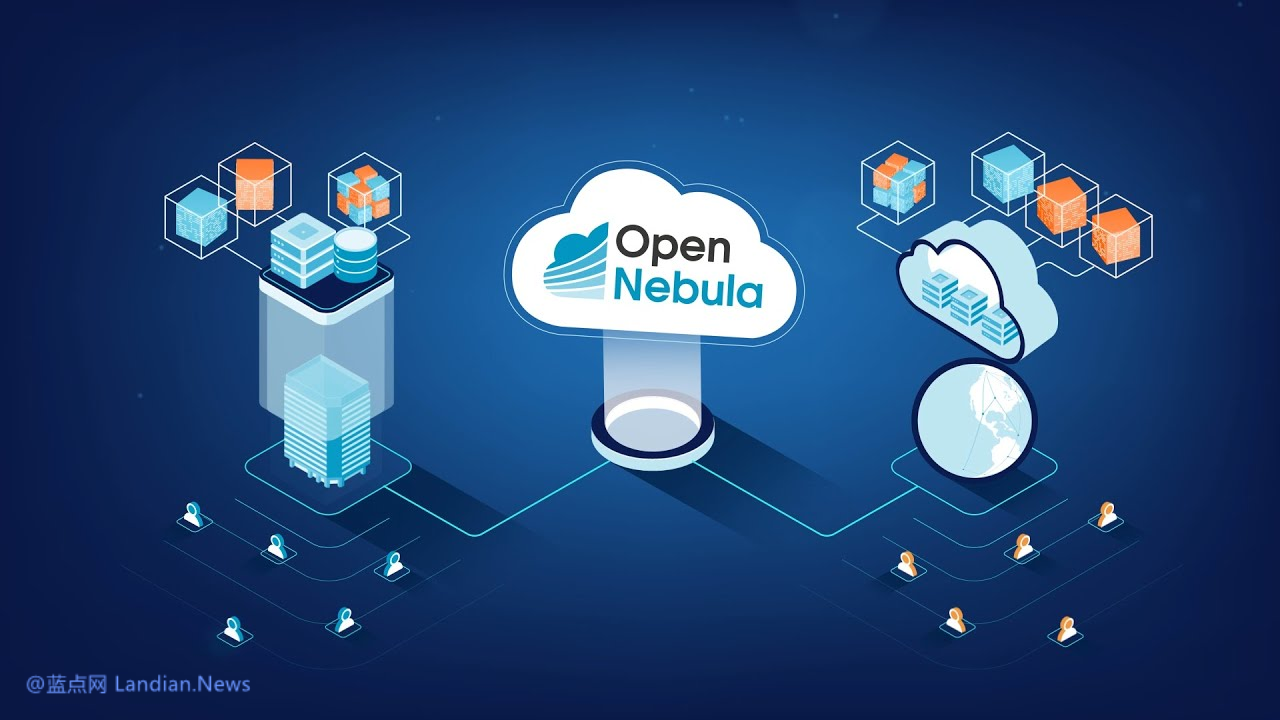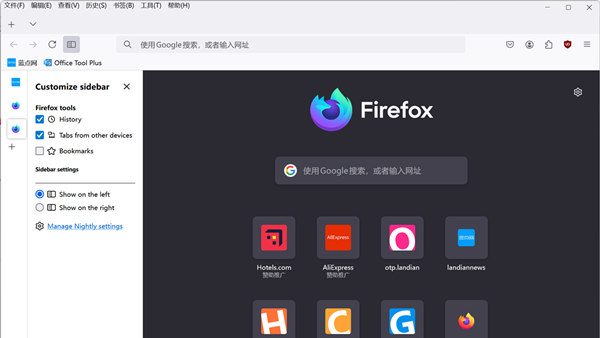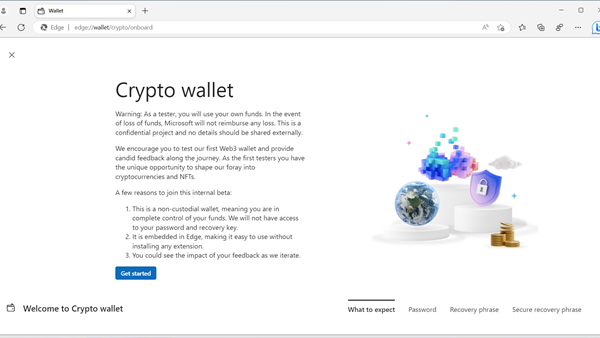UK Server Provider Switches to Open Source Solution after Broadcom Hikes VMware Product Prices Tenfold
Beeks Group, a cloud computing provider based in the UK that primarily serves the financial industry with virtual and physical servers, boasts over 20 data centers, more than 20,000 virtual machines, and over 3,000 bare metal servers.
Recently, Beeks Group announced its migration from Broadcom's VMware to the open-source technology provider OpenNebula, with only a few virtual machines left to transition. The migration process has proven to be quite challenging.
The group's production management director revealed that the forced migration was due to a new licensing bill from Broadcom, which was ten times the price of the previous bill. Despite the complex migration process, Beeks Group decided to switch to OpenNebula.
It's noteworthy that, aside from the cost, Beeks Group no longer sees VMware as an essential infrastructure service. They also perceive a decline in its technical support and innovation quality.
One identified issue is that the VMware suite requires a significant amount of hardware resources, with too many server clusters used for managing virtual machines rather than running the virtual machines needed by clients. This necessitates deploying more servers to meet usage demands.
The main migration challenge was that Beeks' proprietary software was tied to VMware APIs, requiring redevelopment for integration with the OpenNebula solution. However, the benefits post-migration include a 200% improvement in virtual machine efficiency, allowing more virtual machines to run on each server, reducing costs for Beeks and its clients.
The shift in product strategy and pricing by Broadcom following its acquisition of VMware has led to customer migrations, with major companies like AT&T preparing to drop VMware amidst lawsuits against Broadcom, and others like the insurance company Geico and fintech firm Computershare also deciding to abandon VMware.
Abandoning VMware after over a decade of use is a challenging endeavor, perhaps explaining why many customers have been reluctant to migrate in the past. The price hike following Broadcom's acquisition has become a catalyst, forcing these businesses to switch solutions—a painful process but one that prepares them for stable operations for the next decade or even longer.










![[Fix] Solution to resolve STATUS_ACCESS_DENIED error in Microsoft Edge](https://img.lancdn.com/landian/2023/03/97865T.png)